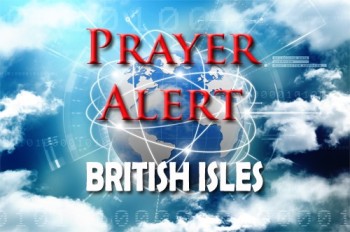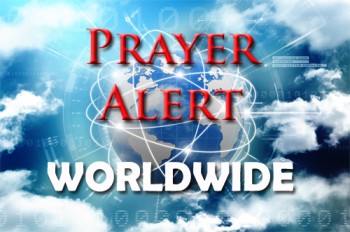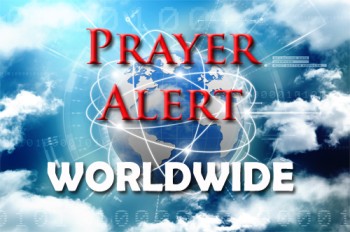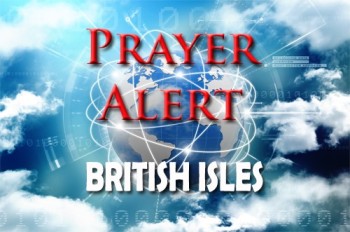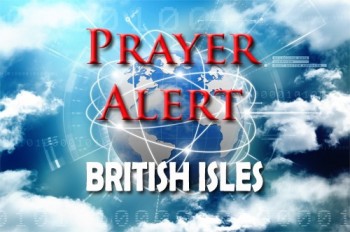Displaying items by tag: Government Policies
A call for emergency budget for cost-of-living crisis
Labour is calling for an emergency budget to bring forward more measures to tackle the cost-of-living crisis. Inflation is at a thirty-year high. Sir Keir Starmer demanded further measures, for instance a windfall tax on energy firms. Downing Street said the Queen's Speech, in which future policies are outlined, is coming up, and these issues are ‘utterly central to what the Government is trying to do’. Chancellor Rishi Sunak unveiled plans to address the cost of living in March's Spring Statement. They included fuel duty cuts, raising the threshold for paying National Insurance, and cutting the basic income tax rate before the next general election. Meanwhile grocery prices were 5.9% higher in April than a year ago due to rising raw material costs, whilst shoppers are turning to discount retailers Aldi and Lidl as budget pressures grow. The average household food bill will now be a potential extra £271 per year: see
USA: Biden’s State of the Union speech
Joe Biden's first formal State of the Union speech came as only 40.6% of Americans are happy with his job performance. After describing his foreign policies on the invasion of Ukraine, Mr Biden confronted a host of domestic troubles dogging his presidency, from the enduring pandemic to soaring consumer prices, a wave of violent crime, and inflation hitting a 40-year high even though the jobless rate has sunk to 4%. The president sought to empathise with hard-pressed working families, saying ‘I get it.’ He promised a plan for ‘building a better America’ by boosting domestic production of cars and semiconductors, as well as rebuilding the nation’s roads and bridges. Republican response to the speech portrayed a presidency reflecting the late '70s ‘when runaway inflation hammered families, a violent crime wave crushed cities, and the Soviet army was trying to redraw the world map’.
USA: religious liberty
A leaked memo from the Department of Health and Human Services reveals America’s plan to undo religious liberty protections and disregard First Amendment rights. The memo states, ‘This action will likely be well received among civil rights and groups advocating separation of church from state. But many will interpret this as the Government abdicating its responsibility for compliance with religious freedom, and will issue strong negative reactions.’ We can pray for the US government to remember the roots of their religious freedom and liberty birthed by the Pilgrims in 1620. The Pilgrims didn't just institute Thanksgiving, celebrated on 25 November this year. They were prepared to die for religious freedom and made the Bible America's guide to life. The self-rule they pioneered eventually shaped America’s government and constitution.
Elderly care users face costs cap
Sir Andrew Dilnot created the social care reform that prevents people losing homes to pay for care. But proposed changes made to how the cap works means 60% of older people who need social care would lose out, compared with the plan he proposed. The changes would save the government hundreds of millions of pounds.
Bishops’ intervention in growing Irish gambling problems
Gambling rules in Northern Ireland could be brought into line with tighter standards in the rest of the UK following an intervention by the Bishop of St Albans, Alan Smith, and the Bishop of Newcastle, Christine Hardman. Pray that their amendment will be accepted by the Government. The amendment adds gambling legislation to a number of areas on which the Government would be required to produce a report by September as part of moves to restore the devolved executive in Northern Ireland. Bishop Hardman told peers that the current inconsistency meant that reforms introduced in mainland Britain - such as the cap on the maximum stake on Fixed Odds Betting Terminals - do not apply in Northern Ireland. ‘The anomalies and confusions abound,’ she said. ‘Gambling operates inconsistently within the UK, and this affects lives.’ Bishop Alan said, ‘Currently people from Northern Ireland are three times more likely to have a gambling-related problem than in the rest of the country’.
